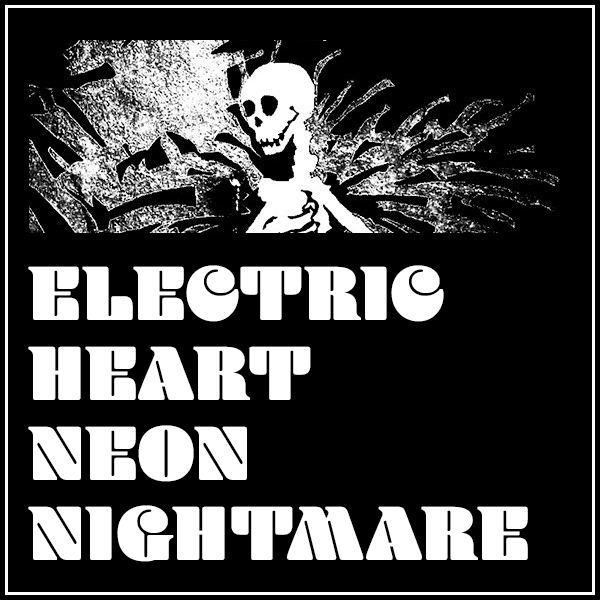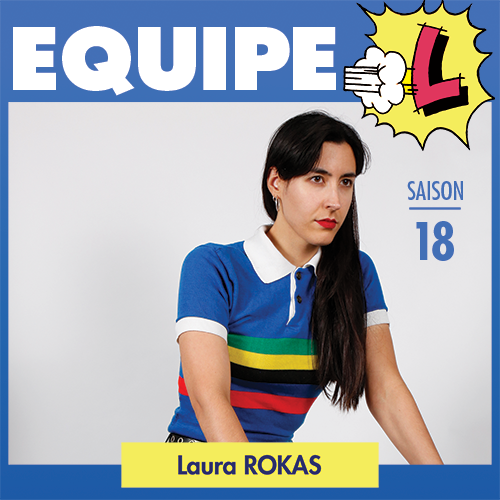In the room with the red velvet drapes I watched a nervous woman cradling a Telecaster knockoff gulp down glasses of whisky and wordlessly communicate to her drummer that the crowd just wasn’t into it. John had descended the stairs moments before seeking out cigarettes and I stood alone near the back wishing I could afford even a single beer, mostly because I wanted something to hold in my hand. I was leaning against a table with my arms folded, thinking about the dark road we had taken to get there and how soon enough we would have to take it again. We were lucky the first time. Later on, would we be dismembered by evil men? They could take what I had on me, I thought, if they really wanted it. I wouldn’t suffer a bullet to the head or a knife to the gut for a denim jacket and an A’s hat.
I looked around: everyone was talking to someone, or pointing the bottom of a glass at the ceiling while liquid poured into their mouth-holes. My doom-dwelling seemed silly. (After they’ve taken what they want they’ll toss my body in the bay for sure, I thought.) I swept away my thoughts and decided to blend in—to do this thing incognito. Give them the illusion of normalcy.
John had left his empty beer bottle behind, so I picked it up, took a swig of air, and held it there in my right hand to pretend that I had some sort of purpose or reason to be where I was. Meanwhile I decided that the music being funneled into my head was sloppy, but I respected it anyway because something—anything—had come into existence where there had been nothing before. And though the crowd was rude and cacophonous, I watched as the duo played on, stopping between songs to splash their insides with courage. The sight of that was enough to soften me. I took a few more empty gulps and set the bottle down again, deciding that I didn’t give a damn about fitting in with my peers, who were cackling wildly and talking about good Ethiopian food and new bands and beaches in southeast Asia with a strange, plastic-smooth enthusiasm that made me hopeless.
Why had I come? Yes, for Liza—because I liked her so much, and because I knew her friends from the city wouldn’t show. They, like many, perhaps saw the space between San Francisco and Oakland as a galactic ocean whose polar ends were lightyears apart. And at the end of their journey they would be in that place that they found so uncomfortable and strange, which was Oakland.
Earlier that night Liza had hugged me by the bar. It was that gentle, polite kind of hug. It was sweet also. The hug took me by surprise, because I often assume there is no real reason why anyone would ever want or need to touch me. Liza and I didn’t know each other too well, which maybe accounts for the gentleness of the thing. We were different in many ways, but that long, twisted night we’d had in the Mission was enough, in both our minds, to seek each other out every now and then. We’d had garlic noodles and drank on the train and watched a movie with thousands of other people in Dolores Park. And later there was a party at the home of some wealthy young people, who spent all that new money on record players and tobacco and vintage couches and photobooks on Eastern Europe. It made me nauseous to see all that worn, second-hand Nietzsche and Camus fanned out neatly on a shelf above the window, with a girl I did not know saying, “Oh, Kent just puts those there so girls will want to sleep with him.” And so many beers in I motioned to Liza that we should go, and on the street I told her she was too intelligent for the company she kept. And we walked back to her house in the mist and cold and fell asleep watching Spirited Away. I woke at 7 am, whispered a nice sentence in her ear, and ambled out onto the street, still drunk, and took a taxi to Berkeley where, sleepy and starving and red-eyed, I washed the dishes of the fabulously well-to-do for nine and a half hours. . . .
Liza and her friends were setting up when John returned. He told me he’d had to settle for a pack of menthols as the “yellow ones” just weren’t strong enough for him. “You know what my friends and I used to say about menthols? We would say, when smoking them, that we were brushing our teeth.” I told him we should stand outside and breathe some of that toxic Oakland air before we took in another hour of warmed-over bar oxygen. He nodded and we hopped down the stairs, telling the doorman we would return momentarily.
Outside there were a few like-minded people smoking and talking. I saw the guitarist from earlier gulping down shots of dark fluid at a patio table below the venue. Her friend was saying, “Honey, you were great,” while the guitarist said, “No, no, no.” The drummer, meanwhile, was cleaning his cheap sunglasses and talking to a girl about hot dogs. I said to John that the crowd upstairs had a “San Francisco” vibe to them. He squinted his eyes and pursed his lips, as if to say, Yup as a blast of minty smoke poured out of his nostrils.
After some time I heard a symbol crash and some piano tinkling so I grabbed John’s arm to lead him back upstairs. “Come on,” I said. “Those bastards are starting without us.” The doorman gave us a single, solemn nod as we turned the corner and took our place near the trashcan under the glow of a red wall-mounted lamp. A bearded man in a red wool cap strummed a few chords on his guitar, asked for the monitors to be turned up just a hair, and thanked the modestly-sized crowd for showing up to listen to whatever it was he had created for the world.
Thirty seconds into the first song, I shouted in John’s ear, “It’s almost like they’re musicians or something.”
“They’re real tight,” said John. “This is definitely music.”
By the third song, I felt comfortable saying this, probably to no one: “What happened is that five extremely talented people got together in a room and figured each other out.” And though I fought off the feeling for a while, I decided that I was proud of Liza. “Proud.” It felt strange to feel that way.
The crowd was swaying and singing along and if they weren’t having a good time, they were doing an admirable job of convincing everyone that they were. Even I believed them, if only a little. There were two girls in front of me looking hip as hell and sipping crappy beer. Occasionally they would turn and look at me. The one with the denim jacket and big glasses seemed amused in the same way you’re amused by someone’s dumbass kid brother. At one point she whispered something to her friend and for half a second I thought that maybe she would come talk to me, but really I hoped she wouldn’t because I knew I would probably throw up on her. Instead she glided past me, saying nothing, and the bile retreated from my throat and turned to dust in my lower body.
I thought about getting closer to the stage to show Liza that I hadn’t jumped out the window or fallen down the stairs, but like everyone else in attendance I was trapped in the darkness because of the two psychos flailing around up front. They were gyrating and swinging their arms and legs and dry-humping the ground and each other. “There’s always one,” I said to John.
“Always one, sometimes two,” he said. “And tonight they’re working together.”
For a moment I considered what a friend had said to me once, months before, when we were sitting in a diner downtown. It was midnight and people were shuffling around outside, looking for new bars to pollute. I pointed to a group of girls dancing in the street. My friend took a sip of his coffee, turned to look at their arhythmic convulsions, and without a moment of hesitation said, “One, I’m jealous. Two, I’m envious. And three, there’s nothing in this world that could get me to do that.”
I nudged John’s side and slowly counted off one to three, from my thumb to my middle finger. John laughed. “Nothing in this world could get me to do that,” he said. The men by the stage, with their gruesome, mindless caveman writhing, had cancelled out everyone else’s hopes that they might get closer to the source of the noise in the room. When they got too rowdy and flew into someone else’s orbit—almost always a tiny girl in front of me, who was nearly knocked over three times—the larger and more reasonable people in the crowd would politely shove them back where they had come from.
It made me sad to know that most of what I was experiencing wasn’t genuine. At this point I have come to expect that I will always be let down by the fakery of this place, but still I felt uncomfortable. I knew that there was no way the goons spasming on the floor were sincere about it. They would have produced the same movements had the band been replaced by a flaming tractor or a hive of African wasps or a schizophrenic playing an accordion with his dick.
You are not affected in this way and I know it, I thought. Go have your fun somewhere away from me. My own meanness upset me further. I decided I was impossible to know.
When the music had stopped and the lights came up, I told Liza she and her friends were people who could play music and that I would show up wherever they would be next. She hugged me again and said she had to pay off her tab. I said good-bye and told John it was time to take that midnight road back to Castle DOOMSDAY.
On the street a flock of pretty girls were rolling joints and staring glassy-eyed at the flashing streetlights. John let them borrow his lighter while I unlocked my bicycle.
As we sped off toward the docks, I looked back at the girls, who were puffing away, twisting their minds, still gawking at all the lights. For a moment I envied their fixation. I wished I could feel that way about something, even if it was absurd and stupid. But I reminded myself that nothing in this world could get me to do that. At least the music was good, I thought.













